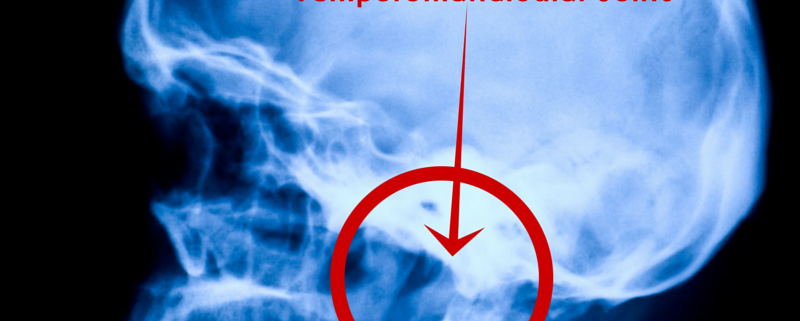Living with TMJ
“Tem-puh-roe-mun-DIB-u-lur”
Say that five times fast.
This tongue twister refers to the pair of joints on the sides of the face that hinge the jaw to the skull, but it’s typically known better by its more manageable acronym: TMJ.
When people talk about TMJ, they’re often referring to pain in the face and jaw caused by temporomandibular disorders (problems with the joint and the facial muscles which control it).
These joint issues have multiple possible sources:
- Grinding of teeth at night
- Clenching of jaw from stress
- Arthritis in the joint
- Injury to the jaw, the joint, or the neck
Any of these causes can lead to a host of symptoms, including:
- Pain when opening mouth wide
- “Stuck” or “locked” jaw in open or closed position
- Clicking or popping noises during opening and closing
- Swelling
- Tired feeling in face
Though TMD can be incredibly uncomfortable for those experiencing it, treatment options are vast and non-invasive. Easing the pain can be as simple as treating the joint as a muscle injury giving the jaw a rest. Try eating softer foods, limiting opening the mouth widely, or wearing a mouthguard at night if you grind your teeth.
If you believe your case of TMD is severe enough to require further treatment, consider visiting Dr. Chauvin to explore your relief options.



